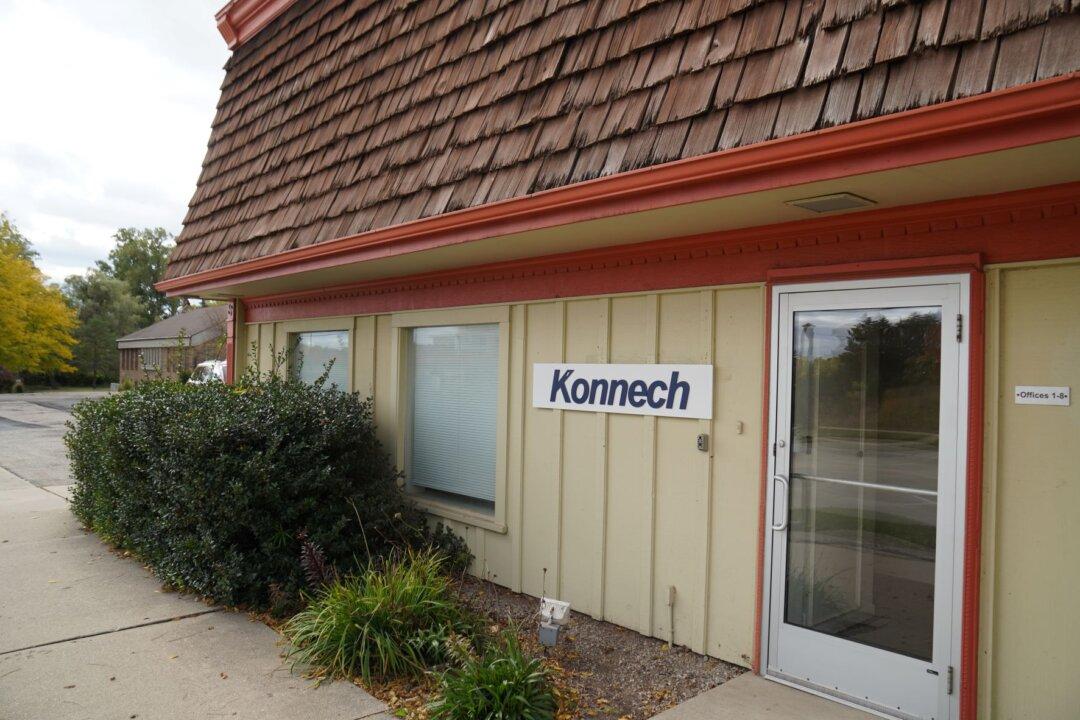Governments across the country are reconsidering contracts with a firm whose CEO was arrested last week on suspicion of illegally storing election workers’ personal data on servers in China.
Konnech CEO Eugene Yu was arrested on Oct. 5 near Lansing, Michigan—where his firm is based—on data theft charges lodged by Los Angeles County District Attorney George Gascón. Storing such data offshore violates its contract with the county, Gascón’s office said.





